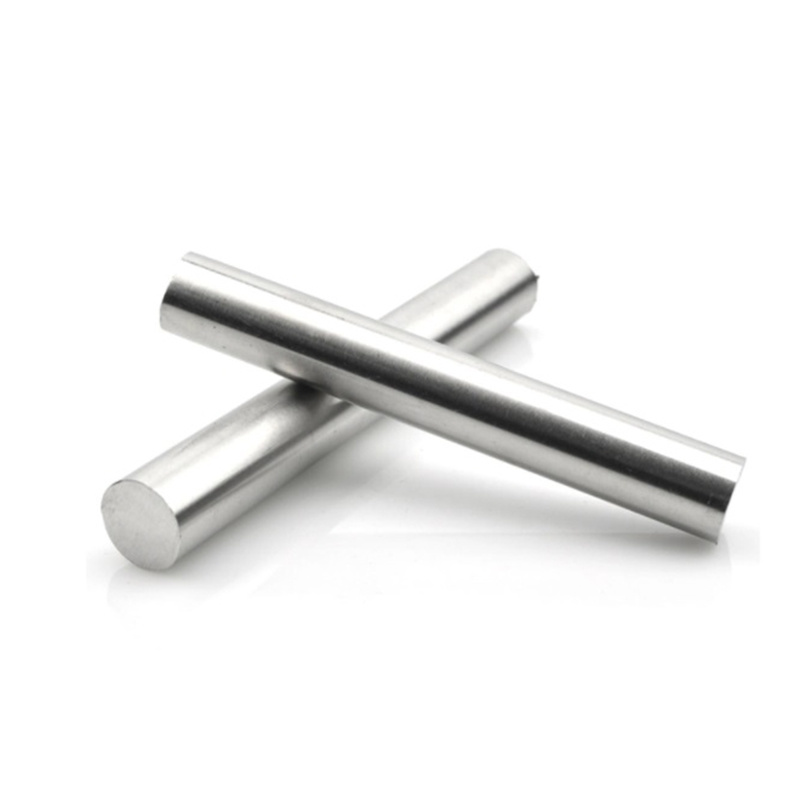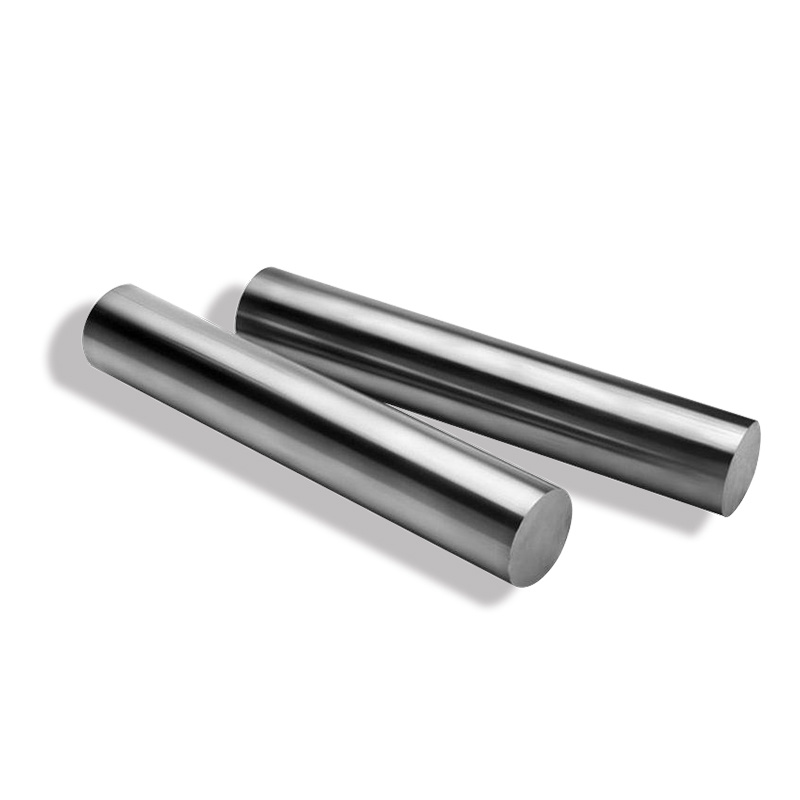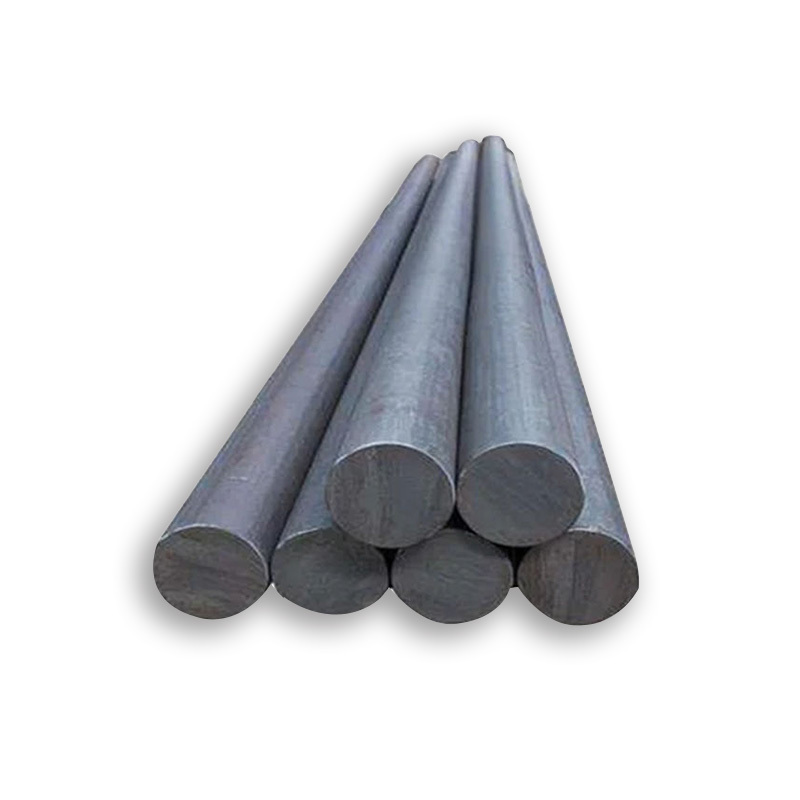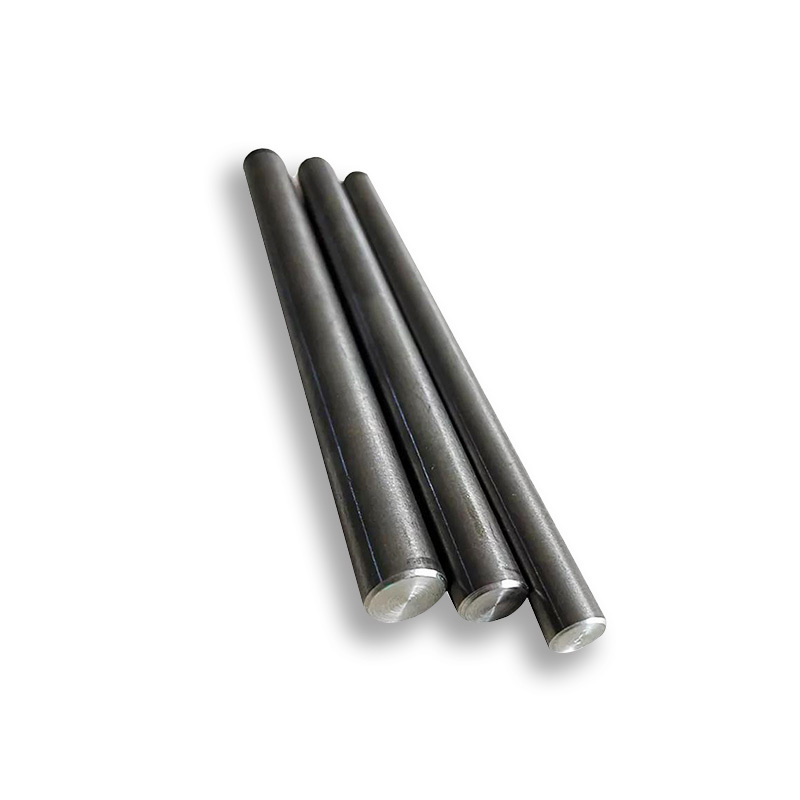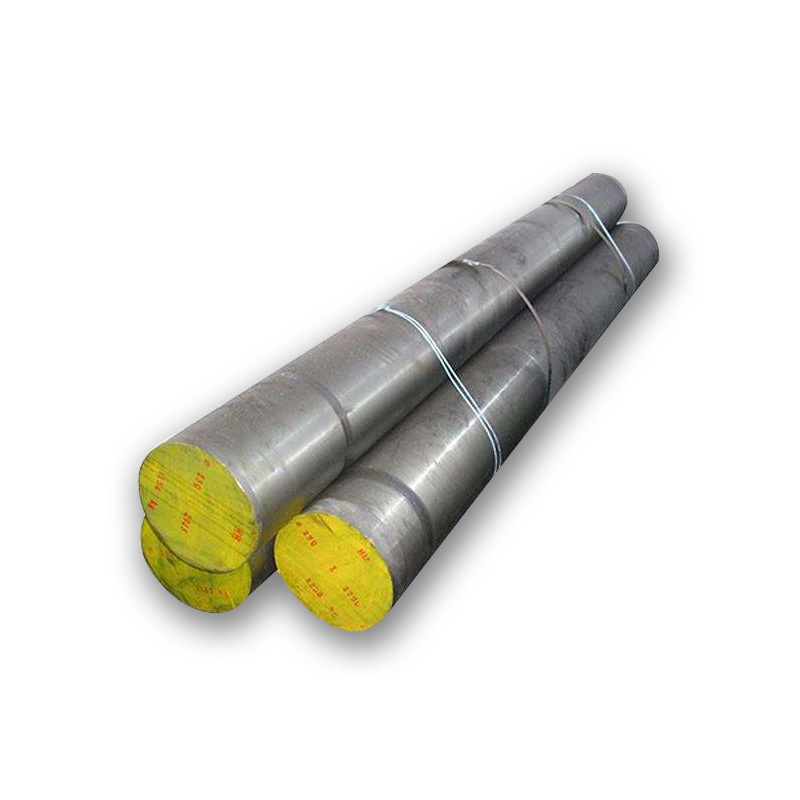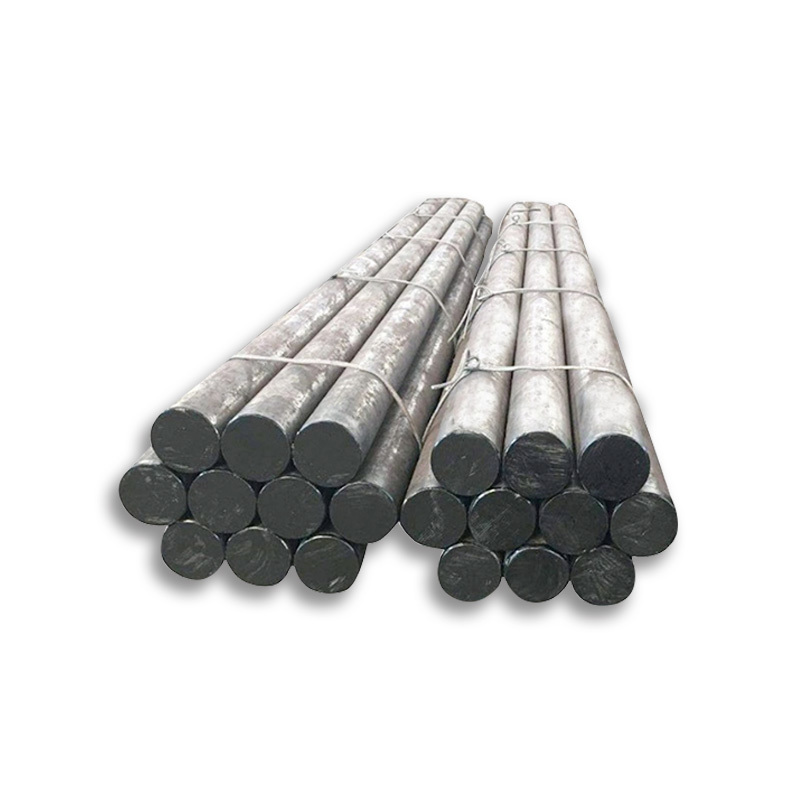PRODUCTS
CONTACT US
Fast Delivery
Sufficient Inventory
Good Service
403 stainless steel has excellent mechanical properties, including high hardness, high strength and high wear resistance. It is commonly used in the manufacture of high hardness tools, cutting tools, bearings and valves and other industrial parts, especially in applications requiring corrosion resistance and wear resistance. In addition, 403 stainless steel can also be used in food processing equipment, chemical equipment, medical equipment and other fields to meet the requirements of corrosion resistance and mechanical properties.
416 is a martensitic free-working chromium steel alloy, which is generally considered a first free-working stainless steel. It has the highest machinability of any stainless steel, about 85% of free-machining carbon steel. Martensitic stainless steels are designed to harden by heat treatment and have corrosion resistance. Although the corrosion resistance of 416 alloy and other martensitic stainless steels is not as good as that of austenitic or ferritic stainless steels, it still exhibits good corrosion and oxidation resistance and high strength in hardened and tempered conditions.
301 grade stainless steel is a common austenitic stainless steel with good corrosion resistance and high carbon content, and can be cold worked to various temperatures. Among stainless steels, 301 is the most easily strengthened steel by cold deformation. Cold deformation processing can improve the strength and hardness of steel, and retain sufficient plasticity and toughness. In addition, this steel has good rust resistance under atmospheric conditions, but its corrosion resistance in reducing media is poor, and its corrosion resistance in chemical media such as acid, alkali and salt is poor. Therefore, it is not recommended for corrosive environments.
AISI/SAE 1025 Carbon Steel Bar
1025 carbon steel is a steel that contains only carbon as its main alloying element. These steels also contain 0.4 percent silicon and 1.2 percent manganese. Small amounts of copper, nickel, molybdenum, aluminum and chromium can also be detected in carbon steel.
AISI/SAE 1045 C45 Carbon Steel Bar
1045 is characterized by medium carbon, medium tensile strength steel, which has quite good strength, machinability and reasonable weldability under hot-rolled conditions. 1045 round steel can be provided with hot rolling, cold drawing, rough turning or turning and polishing. By cold-drawing the 1045 steel bar, the mechanical properties can be improved, the dimensional tolerance can be improved, and the surface quality can be improved.
AISI/SAE 4130 Carbon Steel Bar
4130 cold-rolled round bars provide some recognized weldability without affecting the wear and impact resistance of the steel, carbon steel 4130 bars also have excellent machining properties and can be heat treated. At the same time, it has high tensile strength and high yield strength.
AISI/SAE 4140 Carbon Steel Bar
4140 is a 1% chromium-molybdenum medium hardenability general-purpose high-strength steel, usually hardened and tempered in the tensile range of 850-1000 Mpa (condition T). 4140 now have improved machinability, which greatly increases feed and/or speed, while extending tool life without affecting mechanical properties. The prehardening and tempering 4140 can be further case hardened by flame or induction hardening and nitriding.
AISI/SAE 4340 Carbon Steel Bar
AISI 4340 alloy steel is a heat treatable low alloy steel containing chromium, nickel and molybdenum. It has high toughness and high strength under heat treatment conditions.
AISI/SAE 5160 Carbon Steel Bar
Steel is a versatile material. One steel alloy is AISI 5160, which is an American Society for Testing and Materials (ASTM) designation for spring steel.


